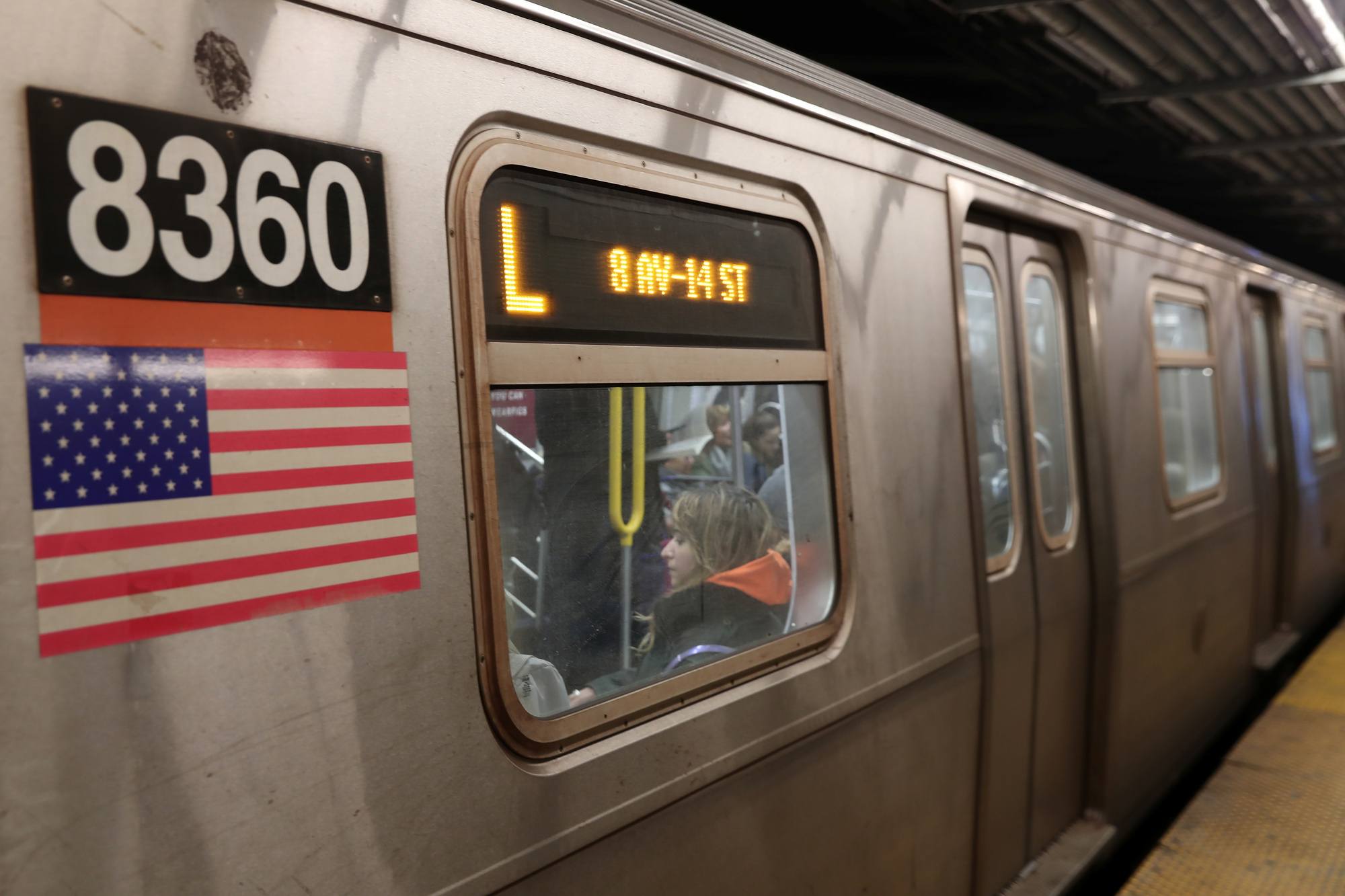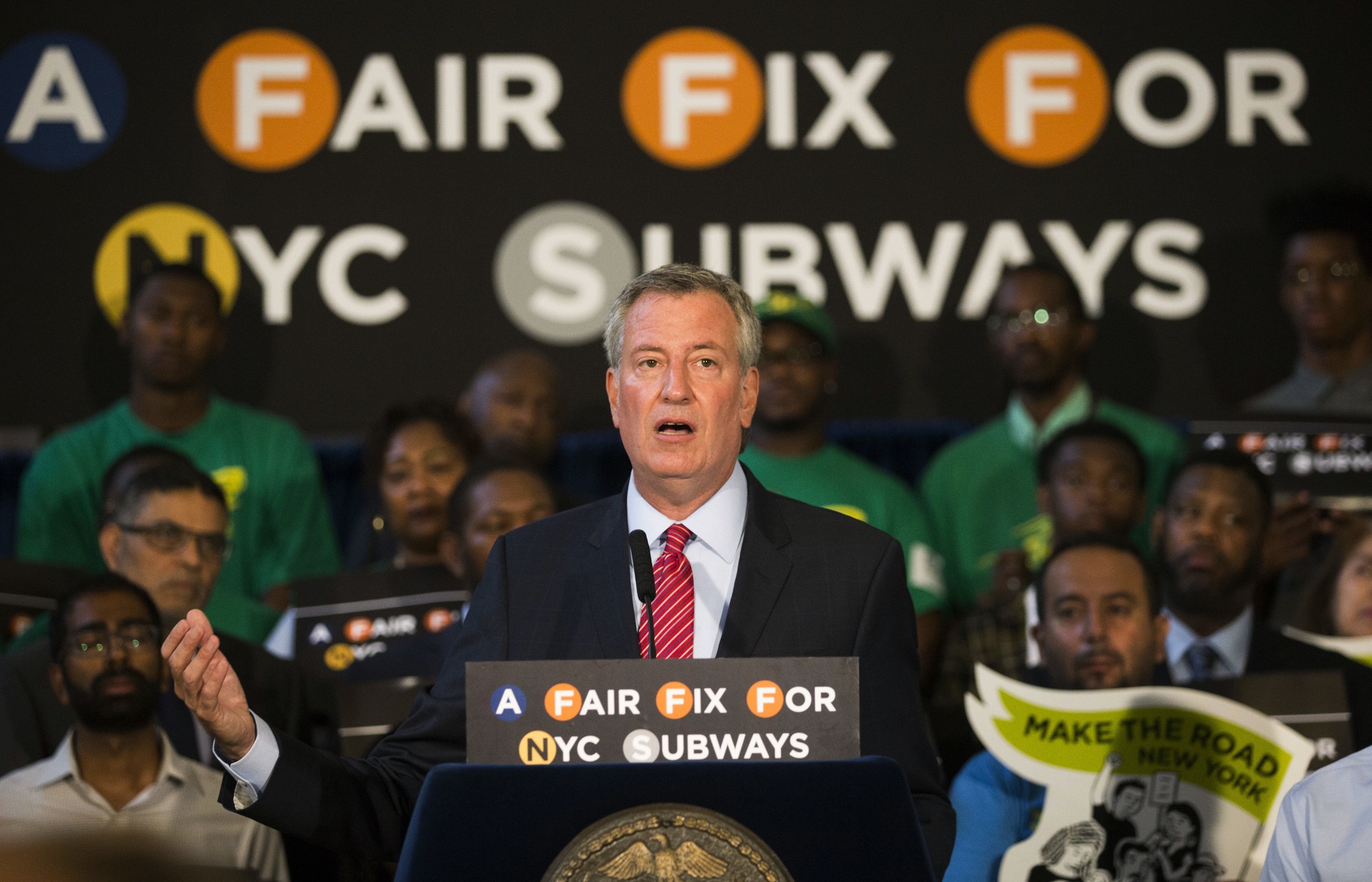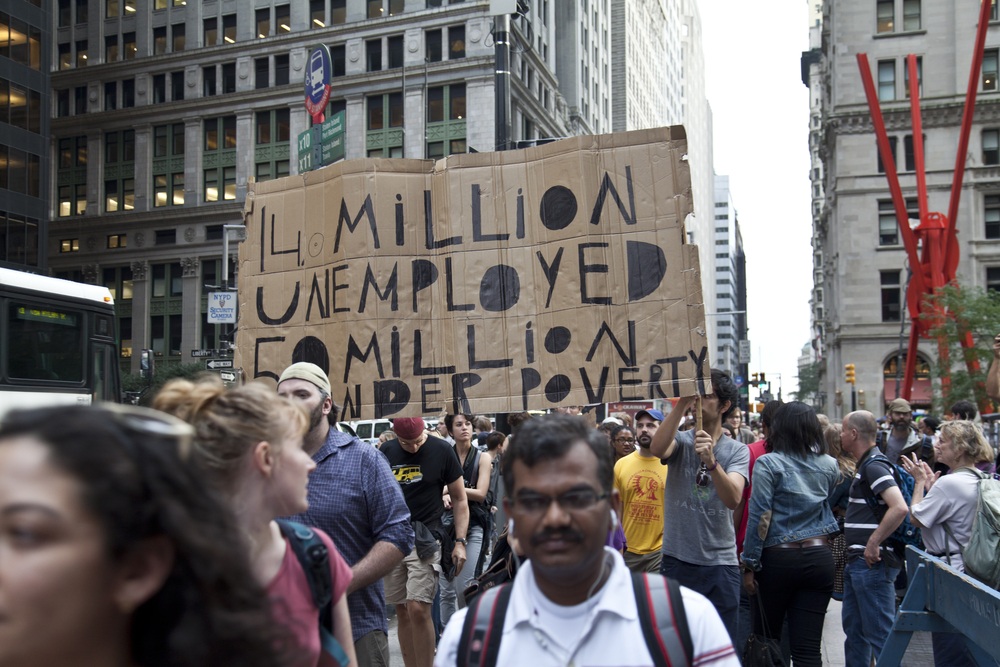New York Democrats Salivate over Proposed $9 Billion Wealth Tax

Progressive New York City Mayor Bill de Blasio supports using a "wealth tax" to fund public transit reform. | AP Photo/Seth Wenig, File
New York’s transit infrastructure is in serious jeopardy. Following years of neglect and underfunding, the system allegedly requires a $40 billion investment over the next ten years, or it risks falling into what subway chief Andy Byford calls a “death spiral.”
New York Progressives: We Need Money. Let’s Pass Another Wealth Tax!
So, what’s New York’s big solution as of late? A state largely dominated by Democratic politics, leaders are now looking to impose yet another new tax on the wealthy to fix their problems. This should come as no surprise, considering New York’s most well-known representative in the House is the ever-controversial Alexandria Ocasio-Cortez, who has faced criticism from both parties for her 70 percent tax rate plan on the country’s wealthiest individuals to fund renewable energy projects.
This time, the notion of taxing rich people is being pushed by Robert Mujica, the budget director of New York Governor Andrew Cuomo. Last Wednesday, Mujica spoke of a new “pied-a-terre” tax, which could potentially bring $9 billion in additional revenue to New York. Combined with income made from internet sales, congestion pricing, and soon-to-be-legal marijuana, Mujica says the city should have enough money to revamp portions of its transit system.
$9 Billion Wealth Tax Targets Luxury Vacation Homes & Part-Time Residents

Originally introduced by state Senator Brad Hoylman, the plan would allow New York to tax individuals that own luxury apartments or homes who are not full-time residents – people like billionaire Ken Griffin, who just paid a record $238 million for a Central Park penthouse he will only use occasionally. In other words, their New York residences serve either as second homes or vacation homes, but it’s not where they spend most of their time.
While Mujica admits that enforcing the tax won’t produce all the necessary monies to fix New York’s ailing subway system, it will be a major step forward in fixing certain transit problems. He states:
“If we lose tax revenue generated by cannabis, then we will either need a 50/50 cash split between the city and state, or the pied-a-terre tax, which could raise as much as $9 billion.”
Bill de Blasio, Progressives Support NY Wealth Tax

Officials like Harvey Epstein of the New York Assembly have shown support for the tax, explaining:
“We’re talking about the one percent of the one percent, and those folks can afford to make New York a better place. If we’re going to talk about fairness and equity… this is one step forward in being progressive – progressive taxation for those who can afford it.”
Support also came from New York Mayor Bill de Blasio, whose attempts to implement a “millionaire tax” on wealthy residents over the years have largely been fruitless. He says he could get behind the plan, claiming:
“We need to tax the wealthy more. If the governor is saying he thinks there’s a way to additionally get a pied-a-terre tax, I’m all ears.”
Andy Byford has been speaking at city council meetings over the past several months, lobbying for the wealth tax which he believes can help pay for new rail cars and buses, and replace what he calls “century-old signaling technology.” He says the repairs could allow New York to compete with major transit hubs like London and Hong Kong.
Real Estate Group: Wealth Tax Will Hurt Economy, Cost New York Jobs

A research group known as the Fiscal Policy Institute also estimates that the tax could bring in as much as $665 million each year, but not everyone is excited about the proposition. New York’s Real Estate Board claims that the plan could harm the state’s economy by “lowering the demand for high-priced apartment towers,” cutting jobs, and suppressing further investments.
While it may appear tempting at first glance, critics allege that taxing the wealthy often does little to nothing for economic growth, as most people in the one percentile keep their wealth locked up in investments that can’t be touched, granted they remain unsold and aren’t turned into profits or income.
Figures like Amazon mogul Jeff Bezos, for example, are worth a reported $160 billion, yet Bezos’ annual salary for 2018 was just over $81,000. Thus, a millionaire tax wouldn’t necessarily garner any additional revenue from Bezos or people in a similar economic situation.